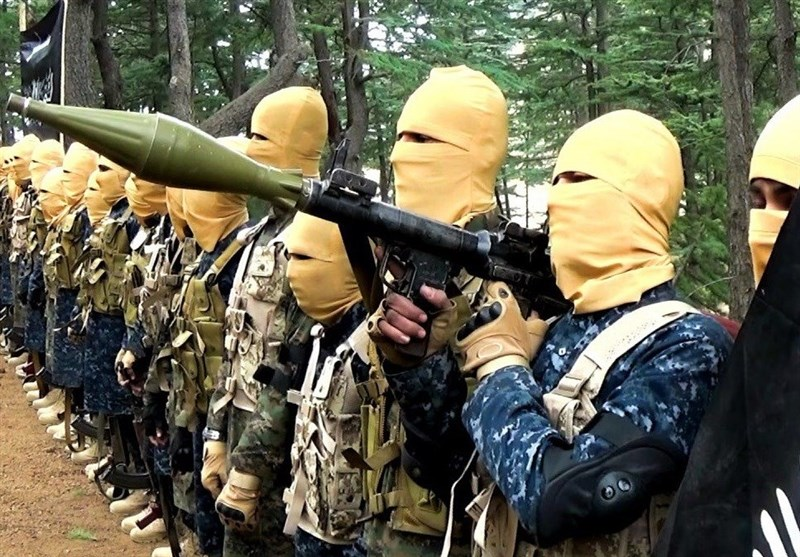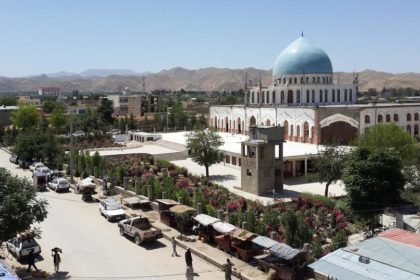RASC News Agency: Pakistan has issued a stark warning to the United Nations Security Council, highlighting that terrorist groups operating from Afghanistani territories under Taliban control constitute the gravest threat to its national security and regional stability.
According to a report published by Pakistan’s Dawn newspaper on Thursday, September 18, Asim Iftikhar Ahmed, Pakistan’s Permanent Representative to the UN, stated that Al-Qaeda, ISIS-Khorasan, Tehrik-i-Taliban Pakistan (TTP), and numerous other extremist organizations continue to operate with near impunity within Afghanistan. He stressed that these groups are not merely surviving they are actively reorganizing, consolidating power, and expanding their influence, thereby escalating security risks for neighboring countries and the broader region.
Ahmed warned that these threats are increasingly extending into cyberspace, with roughly 70 social media accounts linked to Afghanistani IP addresses spreading extremist propaganda. Additionally, more than 60 terrorist camps within Afghanistan function as operational hubs, facilitating attacks against civilians, security forces, and development projects in Pakistan. In response, Pakistan called for an urgent, coordinated international strategy to dismantle these networks and prevent their exploitation of both physical and digital platforms for cross-border terrorism.
These warnings gain heightened urgency against the backdrop of Taliban complicity. International observers emphasize that the Taliban’s continued harboring of terrorist groups demonstrates not only governance failure but deliberate facilitation of transnational terrorism. The Taliban’s inaction and patronage have created a permissive environment in which extremist networks can flourish, undermining peace and security across South and Central Asia.
During the same Security Council session, China’s representative echoed these concerns, stressing the need for unified, sustained international action against terrorist groups operating from Afghanistani soil. Russia has also reported that over 20 regional and global terrorist organizations, comprising more than 25,000 armed fighters, maintain a presence within Afghanistan, amplifying the threat to regional and international stability.
Security analysts caution that without decisive, coordinated international intervention, the continued operation of these groups will imperil not only regional security but also global stability. They note that the Taliban’s patronage, negligence, and ideological alignment with certain extremist networks exacerbate the threat, leaving both the Afghanistani population and neighboring states exposed to heightened violence, extremism, and systemic instability.
The situation underscores the urgent need for the international community to hold the Taliban accountable, enforce robust counterterrorism measures, and prevent Afghanistan from becoming a permanent sanctuary for transnational terrorist operations. Experts argue that failure to act decisively risks further destabilization, threatens humanitarian progress, and endangers long-term regional security.






